
OR
Defense policy of China-2019
China strives to deepen military partnership with neighbors
Published On: July 24, 2019 02:40 PM NPT By: Santosh Ghimire | @journonepali
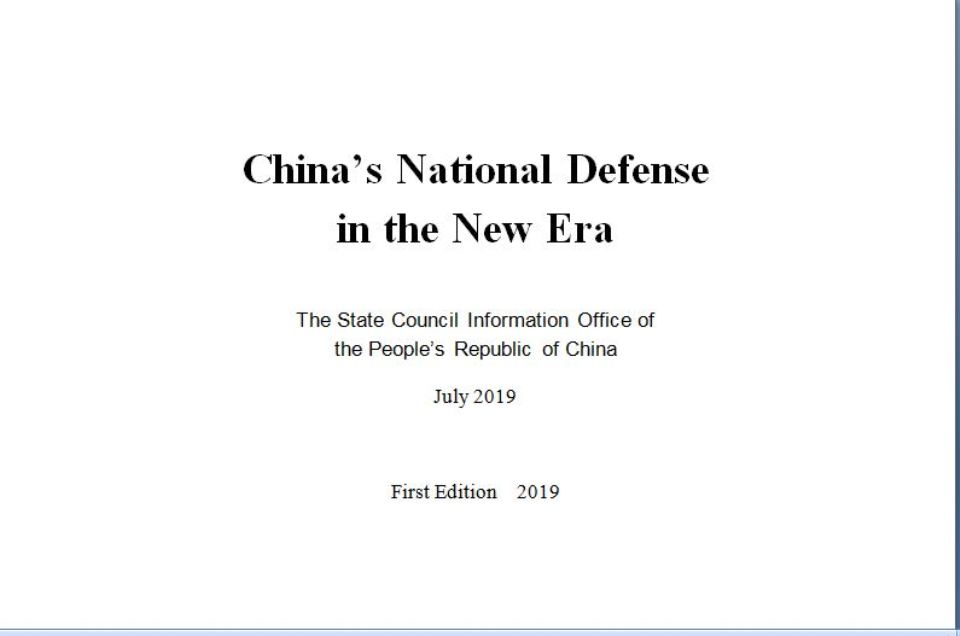
KATHMANDU, July 24: China on Wednesday said that it is endeavoring to deepen military partnership with its neighboring countries.
Issuing a 51-page white paper on China's defense policy entitled "China’s National Defense in the New Era", the State Council Information Office of China stated that the country is striving to strengthen military cooperation with its neighboring countries with a view to building community with a shared future in its neighborhood.
Incorporating a detailed account of the Chinese military's ties with neighboring countries, the White Paper stated that the People's Liberation of Army has maintained close contacts with the military leaderships of neighbors including Nepal.
"Given more than 40 reciprocal military visits at and above service commander level every year, high-level military exchanges have covered almost all of China’s neighbors and contributed to growing strategic mutual trust," the annual document released by the Chinese official media said.
According to the document, China has set up defense and security consultations as well as working meeting mechanisms with 17 neighboring countries to keep exchange channels open. In recent years, China has regularly held serial joint exercises and training on counter-terrorism, peacekeeping, search and rescue, and tactical skills with its neighboring countries, and carried out extensive exchanges and practical cooperation on border and coastal defense, academic institutions, think tanks, education, training, medical science, medical service, and equipment and technology, it said.
The document also highlighted major rescue and relief operations carried out by the People's Liberation of Army in various countries including Nepal. It said that Chinese troops mobilized in the aftermath of the devastating earthquake in Nepal in 2015.
"The PLA sent 8 specialized teams totaling 1,088 people including rescue teams, medical and epidemic prevention teams, and transport teams to the affected area. They treated 5,294 people, decontaminated an area of 940,000 m2, airlifted 690 tons of relief materials and restored over 330 km of roads," it said.
The document also stated that the military relationship between China and its neighboring countries are generally stable. In its white paper on defense, it states that the country has been properly tackling with disputes over territory and maritime demarcation.
"Upholding amity, sincerity, mutual benefit and inclusiveness in its neighborhood diplomacy, China is committed to building an amicable relationship and partnership with its neighbors and peaceful resolution of disputes over territory and maritime demarcation through negotiation and consultation," it said without mentioning specific border disputes with neighboring countries.
In its white paper, the Chinese government said that it has settled its border issues with 12 of its 14 land neighbors and signed treaties on good-neighborliness, friendship and cooperation with eight countries on its periphery. "China holds it a priority to manage differences and enhance mutual trust in maintaining the stability of its neighborhood," it asserted.
Mentioning the growing strategic competition between China and the United States in the Asia-Pacific region, the annual document said that the world economic and strategic center is continuing to shift towards this region.
The region has become a focus of major country competition, bringing uncertainties to regional security, the report said.
"The US is strengthening its Asia-Pacific military alliances, and reinforcing military deployment and intervention adding complexity to the regional security. The deployment of the Terminal High Altitude Area Defense (THAAD) system in the Republic of Korea (ROK) by the US has severely undermined the regional strategic balance and the strategic security interests of regional countries," it said.
In an attempt to circumvent the post-war mechanism, Japan has adjusted it's military and security policies and increased input accordingly, thus becoming more outward-looking in its military endeavors, it said.
The document said that Australia is continuing to strengthen its military alliance with the US and its military engagement in the Asia-Pacific, seeking a bigger role in security affairs.
However, the report said that the Asia-Pacific countries are increasingly aware that they are members of a community with shared destiny initiated by China.
The Shanghai Cooperation Organization (SCO) is forging a constructive partnership of non-alliance and non-confrontation that targets no third party, expanding security and defense cooperation and creating a new model for regional security cooperation, it said.
The document further said that South Asia is generally stable while conflicts between India and Pakistan flare up from time to time.
"Political reconciliation and reconstruction in Afghanistan is making progress in the face of difficulties. Problems still exist among regional countries, including disputes over territorial and maritime rights and interests, as well as discord for ethnic and religious reasons. Security hotspots rise from time to time in the region," it observed.
You May Like This
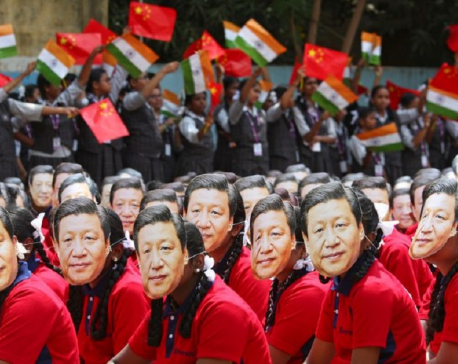
India toughens rules on investments from neighbors, seen aimed at China
NEW DELHI, April 18: India has stepped up scrutiny of investments from companies based in neighboring countries, in what is... Read More...
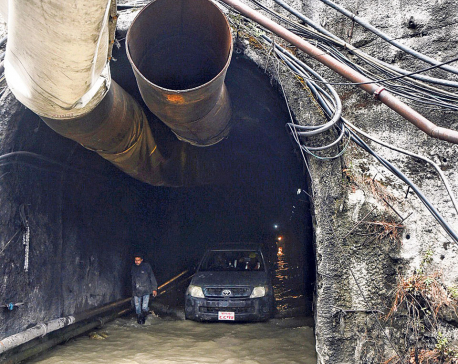
Minister Magar vows to bring Melamchi waters to Kathmandu by mid-July
KATHMANDU, Feb 13: Minister for Water Supply Bina Magar on Thursday vowed to bring Melamchi waters to Kathmandu by mid-July. Read More...
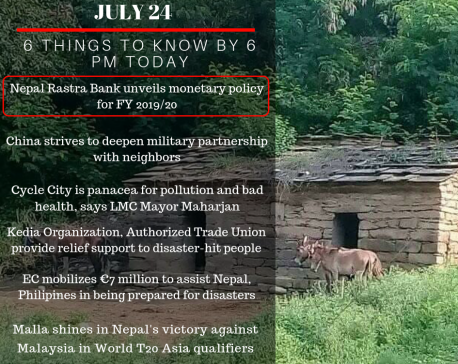
July 24: 6 things to know by 6 PM today
Your daily dose of the missed important news of the day. ... Read More...





Just In
- Clash erupts between police and agitating locals in Dhanusha, nine tear gas shells fired
- Abducted Mishra rescued after eight hours, six arrested
- Forest fire destroys 13 houses in Khotang
- First meeting of Nepal-China aid projects concludes
- Lungeli appointed as Minister for Labor and Transport in Madhesh province govt
- Bus knocks down a pilgrim to death in Chitwan
- One killed in tractor-hit
- Karnali Chief Minister Kandel to seek vote of confidence today












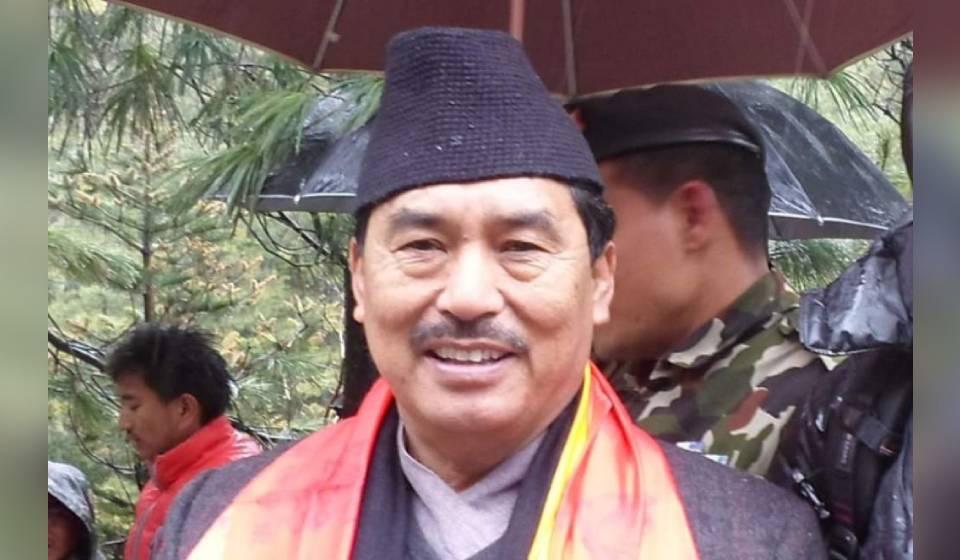




Leave A Comment